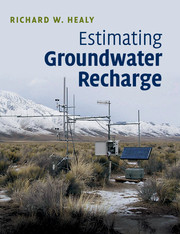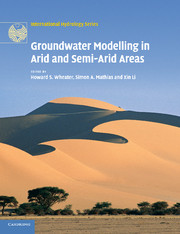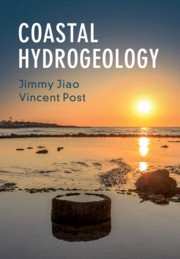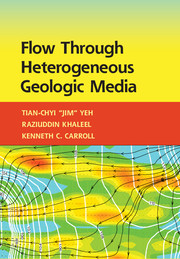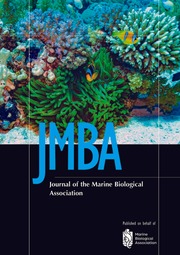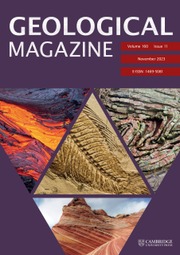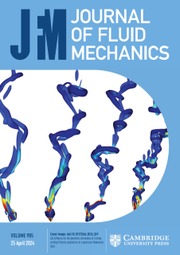Estimating Groundwater Recharge
Understanding groundwater recharge is essential for successful management of water resources and modeling fluid and contaminant transport within the subsurface. This book provides a critical evaluation of the theory and assumptions that underlie methods for estimating rates of groundwater recharge. Detailed explanations of the methods are provided – allowing readers to apply many of the techniques themselves without needing to consult additional references. Numerous practical examples highlight benefits and limitations of each method. Approximately 900 references allow advanced practitioners to pursue additional information on any method. For the first time, theoretical and practical considerations for selecting and applying methods for estimating groundwater recharge are covered in a single volume with uniform presentation. Hydrogeologists, water-resource specialists, civil and agricultural engineers, earth and environmental scientists and agronomists will benefit from this informative and practical book. It can serve as the primary text for a graduate-level course on groundwater recharge or as an adjunct text for courses on groundwater hydrology or hydrogeology. For the benefit of students and instructors, problem sets of varying difficulty are available at http://wwwbrr.cr.usgs.gov/projects/GW_Unsat/Recharge_Book/.
- The first single-authored book on the topic - ensuring a uniform and accessible style
- Brings the various methods together in a single reference - enabling readers to make informed decisions on selection and application of methods
- Provides a critical appraisal of the assumptions underlying recharge-estimation methods - allowing readers to determine the suitability of any method for a particular study
Reviews & endorsements
"The text's stated purpose is to present a comprehensive analysis of the myriad methods, both numerous and drivers, that have been developed for estimating groundwater recharge. the text not only succeeds in doin this, but by taking a theoretical approach that stresses physical processes and assumptions, it also succeeds as a general printer on hydrology. ... the book grew out of a series of short courses on groundwater recharge and could be used as a primary text on the topic or as a supplemental text in courses on groundwater modeling. Many hydrologists will want to keep a copy close at hand as a reference text." Eos
"[This book] is an excellent addition to the growing knowledge base of groundwater science and technology. Understanding groundwater recharge is a prerequisite for the meaningful simulation of groundwater flow and transport, and, hence, successful management of renewable water resources. By placing an emphasis on method, this book provides clear concepts of the recharge process and associated methods that stem from more than 800 peer-reviewed references. ... Perhaps for the first time, both theoretical and practical aspects are considered within the conceptual framework. It makes the book an excellent reference for both students and practising hydrogeologists to consult in their endeavour to better understand recharge estimation." Hydrogeology Journal
"The book is well illustrated, and all figures serve their purpose. I believe that students will find in this book important and interesting information that they can apply in their hydrological projects. This book seems addressed particularly to young scientists who are not familiar with all methods that are available for groundwater studies, but it may also turn out to be useful for experienced hydrogeologists who are looking for a comprehensive work about groundwater recharge. Estimating groundwater-recharge rates accurately is still a challenge, for which many factors have to be taken into account and validated by using several methods; in this context, I find the book a valuable source of knowledge, supported by the author’s scientific experience." Geologos
"is recommended for both the experienced groundwater professional and the environmental scientist needing to develop a better understanding of methods and models...This text is highly recommended for graduate studies when combine with problem sets.." - Homer C. Emery, Journal of the American Water Resources Association
Product details
September 2010Adobe eBook Reader
9780511796104
0 pages
0kg
104 b/w illus. 16 tables
This ISBN is for an eBook version which is distributed on our behalf by a third party.
Table of Contents
- Preface
- 1. Groundwater recharge
- 2. Water-budget methods
- 3. Modeling methods
- 4. Methods based on surface-water data
- 5. Physical methods - unsaturated zone
- 6. Physical methods - saturated zone
- 7. Chemical tracer methods
- 8. Heat tracer methods
- 9. Linking estimation methods to conceptual models of groundwater recharge
- References
- Index.

